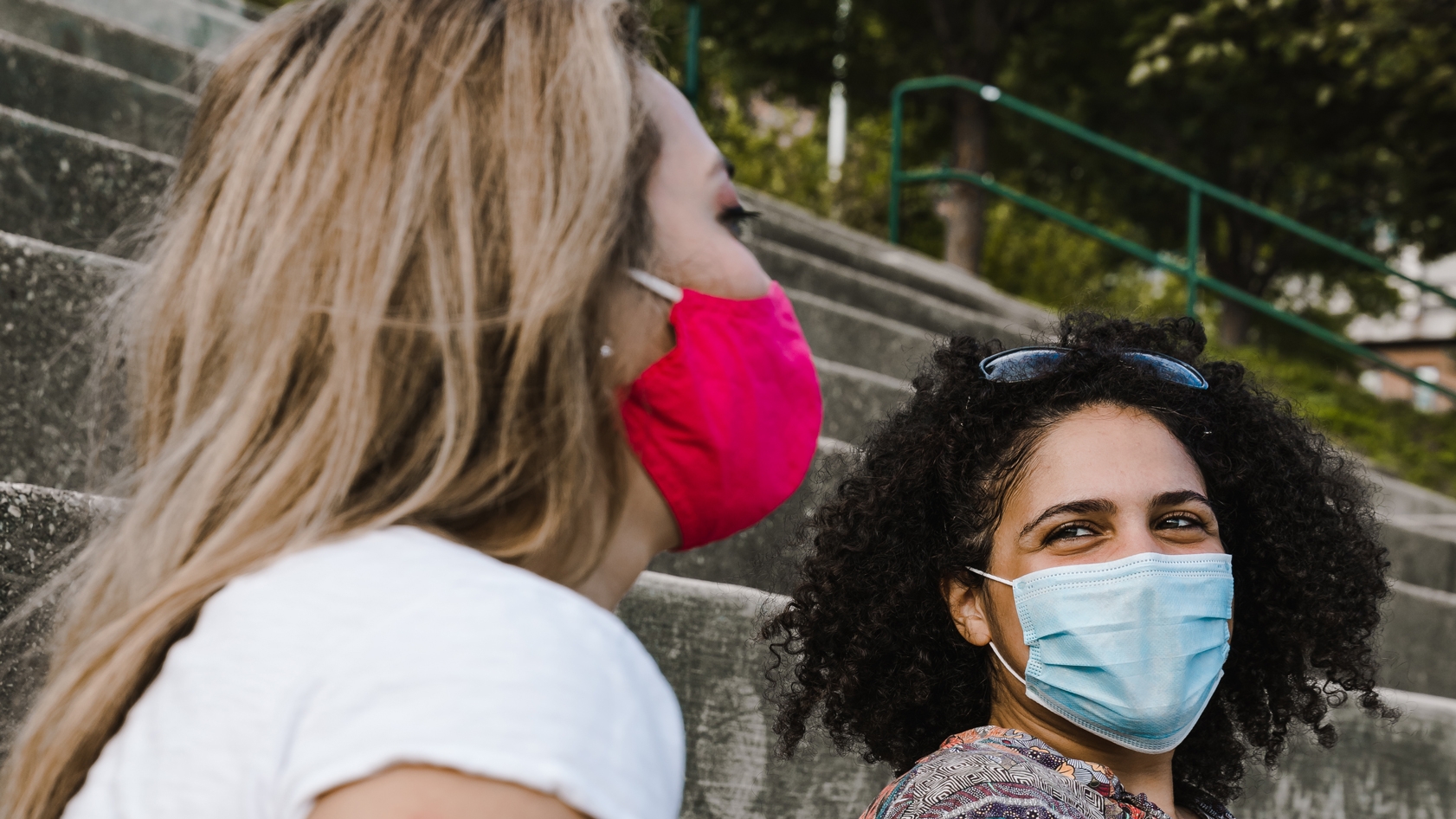
Who could have ever predicted that life could have changed so much in such a short amount of time?
Whether with family, friends, or my psychotherapy clients, this question keeps coming up lately. Our everyday lives have changed as a result of the pandemic, which is taking a significant mental and emotional toll. Some are even calling the effects of the pandemic a “collective trauma,” which is defined as the “psychological upheaval that is shared by a group of people who all experience an event.”
Other generations have experienced their own forms of collective trauma: economic disasters, wars, terrorist attacks, mass shootings, natural disasters, and previous pandemics. Events like the Great Depression, World Wars I and II, the Vietnam War, Hurricane Katrina, the September 11th attacks, and the Columbine school shooting are all examples of events that led to collective trauma, a lasting mental and emotional impact for people who may not have been physically present or directly affected by what happened. Our community is going through something very similar right now. We are all impacted and sharing the challenges that this pandemic brings, even if the specific way in which we are being affected differs from person to person or community to community.
Many of us are feeling overwhelmed, helpless, hopeless, sad, anxious, stressed, isolated, or even angry about what is happening in our world. Common trauma symptoms include:
- Anger
- Persistent feelings of sadness and despair
- Flashbacks
- Unpredictable emotions
- Physical symptoms, such as nausea and headaches
- Intense feelings of guilt, as if you are somehow responsible for the event
- An altered sense of shame
- Feelings of isolation and hopelessness
If you’ve been experiencing any combination of these common symptoms, you are not alone. But it is also important to recognize that trauma can also be subjective — an experience may not be traumatic for one person while being very traumatic for another. All of this is to say that there is nothing “wrong” with whatever your response to the pandemic has been. Everyone copes with stressors differently — you may have noticed that your friends and family are responding to trauma differently than you are. And that’s okay.
In his book, The Body Keeps the Score, Bessel Van Der Kolk, MD gives an example of a couple who were involved in the same traumatic car accident but were affected in very different ways. He describes how the husband experienced flashbacks for a long time after the accident, while his wife’s mind went blank whenever she thought about that experience. In a similar way, you may be feeling hopeless and irritable while your friend is feeling lethargic and sad. The specific way you are experiencing the effects of collective trauma may be different, but you are both experiencing collective trauma.
To help you cope with the impact of collective trauma, keep in mind some of the following suggestions:
Tell your story
Because we often feel helpless in situations like this, finding ways to empower yourself and others is especially important. One of the ways you can do this is to tell your story. What does living in this pandemic mean to you? How will it fit into the story of your life? How did this chapter of your life begin? How do you want this chapter to end, and how will you begin a new one? Spend some time reflecting on these questions and journaling about them. You can choose how you want to tell your story and that’s an empowering experience.
Practice mental and emotional self-care
While it’s always important to practice self-care, it’s more important now than ever. The stress of the news cycle, adjusting your daily routine, having limited access to your usual stress management strategies, learning new coping skills, making decisions about things you used to not give a second thought, and fears or unanswered questions about the pandemic are all very real stressors that take a toll on your emotional and mental wellbeing. Make sure you are making time for self-care strategies like getting enough rest, exercising, spending time engaged in leisure activities, and connecting with your support network. Practice stress-reducing strategies like deep breathing and being in nature. Particularly for women, spending time with close friends and family can help reduce the effects of stress and is known as the “tend and befriend” stress response.
Seek out expert help
If you are finding that the stress of the pandemic is affecting your ability to function on a daily basis or if you are looking for a little bit of extra support, don’t be afraid to seek support from a mental health professional. Therapists are trained to help you navigate the effects of stress and collective trauma in your life and can help you figure out realistic ways to cope with those effects. They will help you find ways to thrive rather than just feel like you are trying to survive — even in the midst of a global pandemic.





















